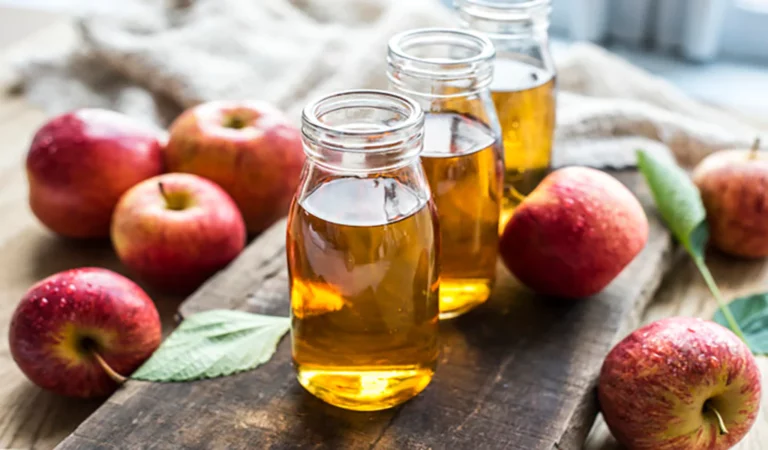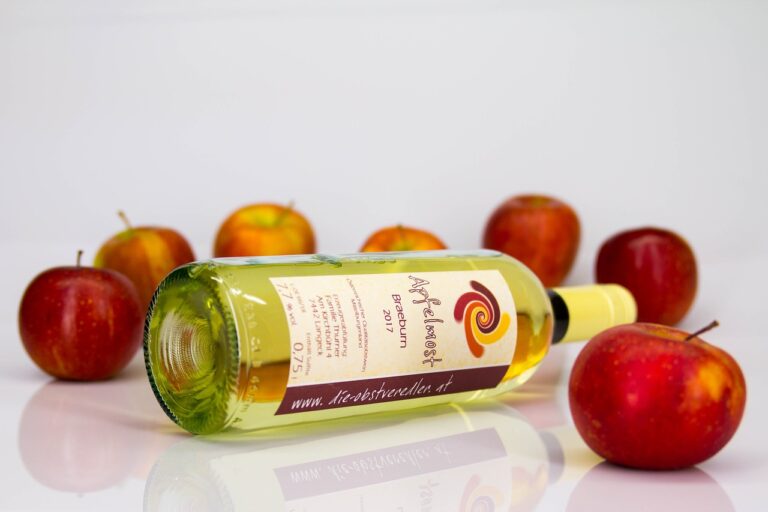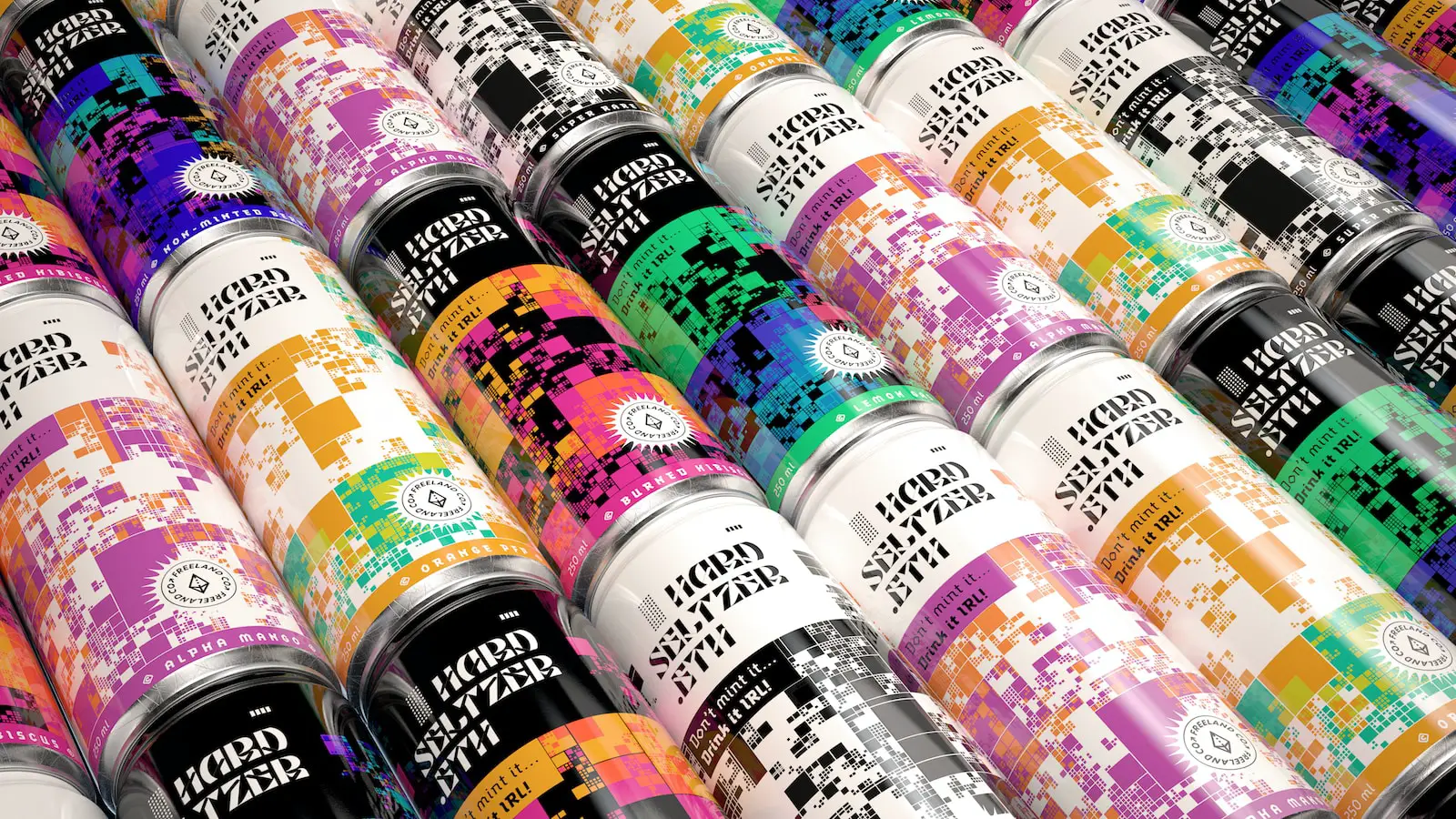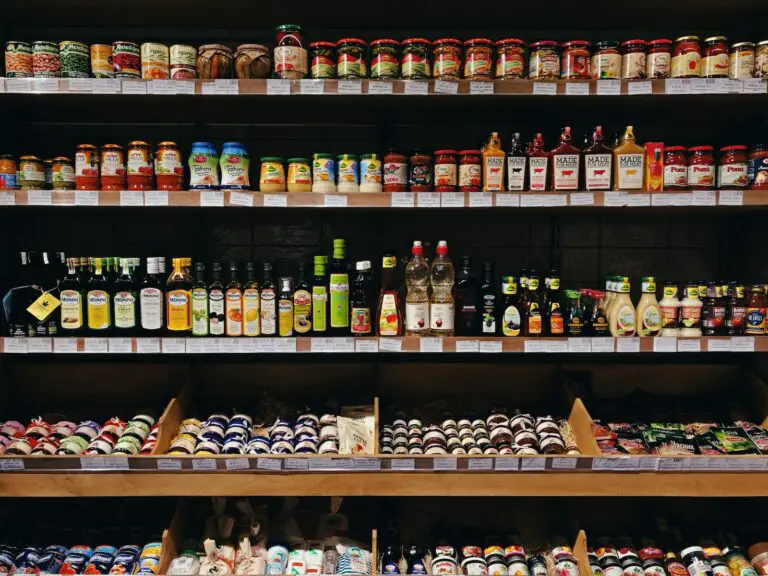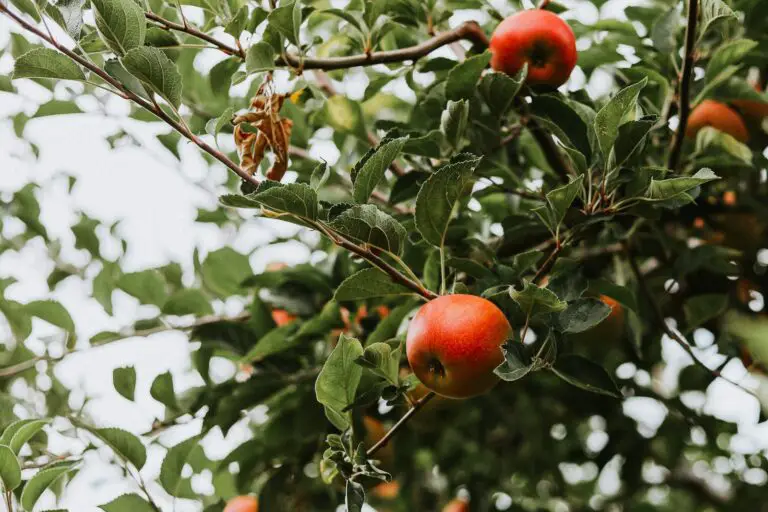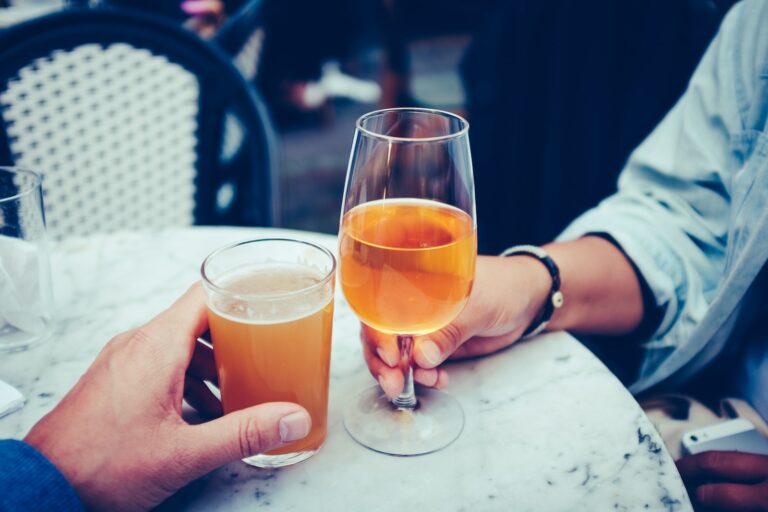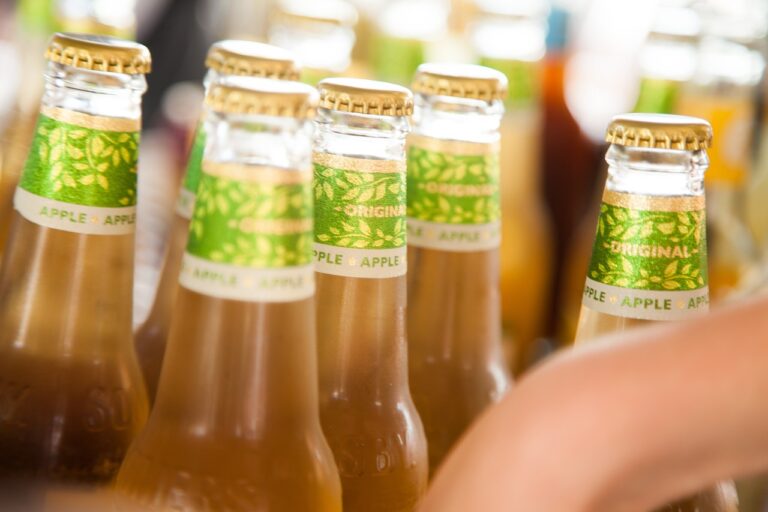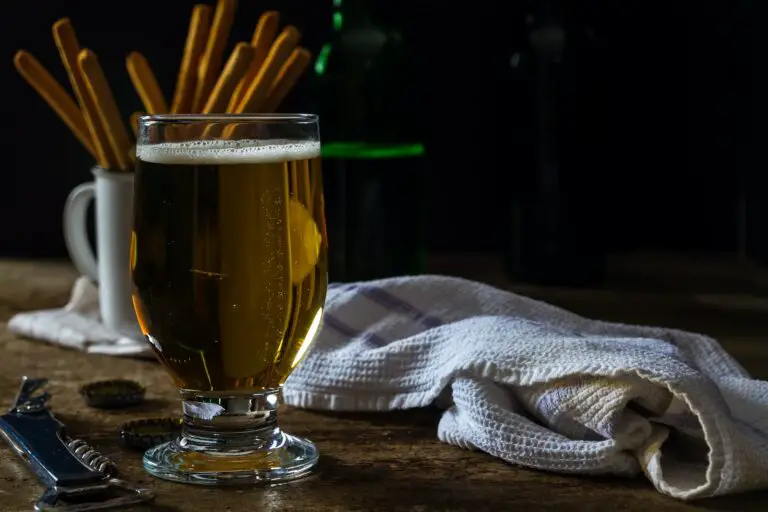If you’ve ever had your fair share of cider and found yourself in a precarious position the next morning, you’re not alone.
The dreaded hangover is an all too common side effect of drinking alcohol, and cider is no exception – but does cider give you a worse hangover than other drinks?
The answer to that question may surprise you: although alcohol itself causes those pesky morning-after symptoms; the type of drink you choose can play a part in how severe they are.
So, if you’re looking to enjoy a few ciders without sacrificing the next day, here’s what you need to know.
We’ll explain how cider is made and why it affects our bodies differently, as well as what steps we can take to reduce our chances of ending up with a hangover.
We’ll also compare cider to other alcoholic drinks in terms of risk factors and rate of absorption so that you can make informed decisions when it comes to drinking responsibly.
Let’s get started!
Alcohol Content of Different Ciders
It’s no secret that alcohol content determines the strength of your drink—and, as such, affects your hangover.
Different ciders have different alcohol content, varying from as low as 3.5% to 8.5%.
Generally, the higher in alcohol content a cider is, the worse hangover symptoms you can expect.
For example, an alcoholic content of 7% ABV (Alcohol By Volume) is more likely to give you a hangover than a cider with 3.5% ABV.
A 6-pack of 4% cider will probably not give you a hangover at all! If you’re looking for variety without too much buzz, many hard ciders are also available in non-alcoholic versions.
The standard serving size of beer or cider is 500ml, but it’s important to note that some ciders come in larger 750ml bottles; so, it’s easy to unknowingly increase your alcohol intake if you’re not careful.
How Alcohol Affects the Body to Cause a Hangover
Okay, so you now know that cider can give you a hangover.
But how does alcohol affect your body?
Alcohol affects the body in several ways and can cause a range of unpleasant side effects.
It’s important to remember that the alcohol content in cider is similar to that of beer, so most of the science behind the effects of alcohol in beer also applies to cider.
Binge drinking
When we drink too much too quickly we call it binge drinking.
And when we binge drink, our blood alcohol concentration (BAC) increases quickly, leading to all sorts of unpleasant side effects – headaches, nausea and vomiting, tiredness, and irritability.
So, if you’re planning on drinking several ciders in one night – think twice!
Lower Resilience
Once your BAC reaches a certain point, your bodies start to become more sensitive to the effects of alcohol; your resilience decreases.
So, it takes longer for us to recover from any side effects or hangovers that may follow.
This is why consuming too much cider can lead to a bad hangover, as your body isn’t able to handle the amount of alcohol in it as well.
Dehydration
Alcohol has diuretic properties which means that it increases urine output and subsequently causes dehydration if not replenished with additional water.
This can lead us to feel dizzy or lightheaded as well as have terrible headaches in the morning after drinking too much cider – especially if it’s not accompanied by enough water!
Tips for Avoiding or Reducing Hangover Symptoms
We all know the unpleasantness of a hangover, and if you’re worried about getting one after drinking cider, this section is for you.
Though there’s no guarantee to completely avoid a hangover, there are definitely some things you can do to help reduce the symptoms.
Stick with a low-sugar variety
One of the key factors in avoiding or reducing hangover symptoms is choosing ciders that are low in sugar.
Cider with higher sugar content will cause your blood alcohol concentration (BAC) levels to peak faster, leading to more intense hangovers.
Drink lots of water
It sounds simple but it’s so important—make sure you’re staying hydrated throughout and after your cider-drinking session.
Even before alcohol enters the body it makes your body lose water, so make sure you drink plenty before and after drinking cider.
Eat food
It doesn’t matter what kind of food you eat, just be sure not to drink on an empty stomach.
Eating a balanced meal will help slow down the absorption of alcohol into your bloodstream, reducing overall toxicity and therefore hangover intensity.
Take breaks between drinks
No matter what type of alcoholic beverage you’re drinking, it’s important to pause regularly when consuming alcoholic beverages.
Taking breaks allows your body to metabolize the alcohol in your system which results in less intense hangovers afterward.
If you follow these tips, we can’t guarantee that you won’t get a hangover after drinking cider, but it’ll definitely help reduce the intensity and duration if you do experience any symptoms.
FAQs
Can drinking too much cider cause a hangover?
Yes, drinking too much cider can cause a hangover, just like any other alcoholic beverage. The severity of a hangover depends on individual factors and the amount consumed.
Why do ciders cause hangovers?
Cider, like other alcoholic drinks, contains ethanol, which is responsible for causing hangovers. Dehydration, inflammation, and the production of toxic byproducts during the metabolism of alcohol can contribute to hangover symptoms.
Are certain types of cider more likely to cause hangovers?
Ciders with higher alcohol content or with added sugar may cause more severe hangovers. Additionally, certain chemicals called congeners, found in some alcoholic beverages, can exacerbate hangover symptoms.
Do ciders cause worse hangovers than other alcoholic beverages?
Ciders do not necessarily cause worse hangovers than other alcoholic drinks. The severity of hangovers depends on various factors, including the individual’s sensitivity to alcohol, the amount consumed, and the presence of congeners, among others.
Are there any remedies to cure a hangover from drinking cider?
While there is no one-size-fits-all cure for hangovers, some potential remedies include staying hydrated, consuming electrolyte-rich beverages, eating a balanced meal, taking over-the-counter pain relievers, and getting plenty of rest.
Can I prevent a hangover while drinking cider?
To minimize the risk of a hangover while drinking cider, it’s essential to drink moderately and responsibly. Alternating between alcoholic and non-alcoholic drinks, staying hydrated, and eating a meal before or while drinking can help reduce hangover symptoms.


